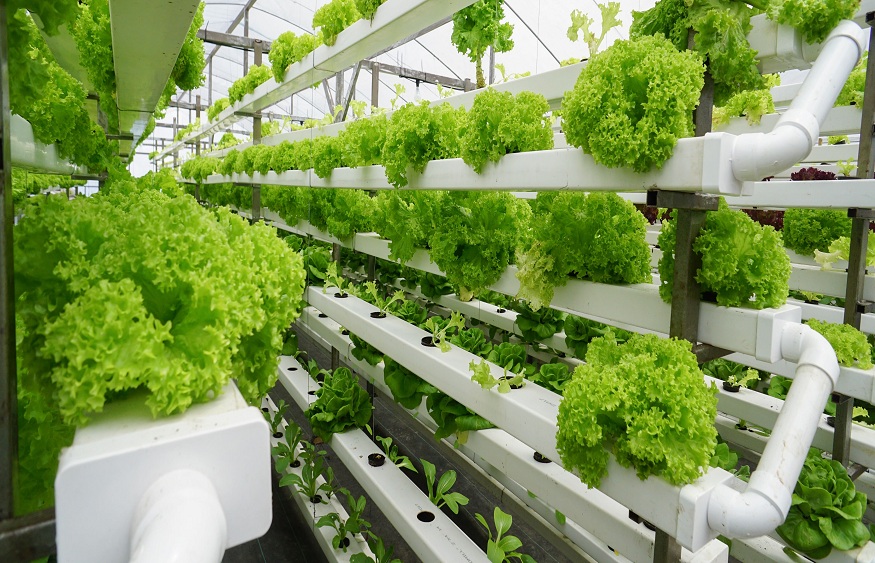
Have you ever wished you had a garden, but lacked the time or space to tend to it? Aeroponic gardening allows you to quickly cultivate plants indoors while having little room. Aeroponic gardening, a subset of hydroponics, involves spraying nutrient-rich water droplets into the roots of plants. Aeroponic systems are a sort of hydroponics that don’t need a growing medium or soil. Instead, the roots of the plants are kept above ground in a container. The water and nutrients are sprayed onto the roots at high pressure by a pump. When compared to conventional gardens, aeroponic garden are more productive and require less water. They are also easy to set up and maintain once they are in place. Starting an aeroponic garden can be costly, and it takes regular monitoring to make sure the roots are getting enough water. The difficulty of scaling up aeroponics further limits its use to commercial farming on a big scale. Aeroponics is still widely used by enthusiasts and home gardeners that want to maximize their growing area. With an aeroponic system, you can easily grow healthy plants and harvest delicious, nutritious produce. In this piece, we’ll define an aeroponic growth system and talk about its benefits. Read on to find out more.
Eliminates Carbon Footprint
The common method of gardening is to plant a seed in the ground, give it water, and wait for it to sprout. But what if there was a method to gardening that was more effective and didn’t involve so much trial and error? Plants can be grown in an enclosed, soil-free environment utilizing aeroponic devices. Roots of the plants are misted with a nutrient-rich solution while the plants are hanging in the air. Because of their low water requirements and adaptability, aeroponic gardens are a great option for city people with limited space. Furthermore, as aeroponic systems do not require soil, they can be utilized to cultivate plants in locations with subpar or no soil. Aeroponic gardening not only helps you save time and effort, but it also has the added benefit of lowering your environmental impact.
Better Quality Control of your Food
We’re all a little OCD when it comes to what goes into our mouths. We are concerned about the origins, safety, and quality of the food we eat. With an aeroponic garden, you can regulate the conditions in which your plants grow. Aeroponic gardens are significantly less likely to house pests and diseases than soil-based crops because of the precision with which you can control the nutrient, water, and harvest schedules. Therefore, you may rest assured that the food you are eating is good for you. If you want to stop worrying about where your next meal is coming from, aeroponic farming could be the answer.
Program for the Automatic Provision of Water and Food
One of the newest innovations in gardening, aeroponic gardens have some neat qualities. One of the advantages is that they are fed and watered on a timer automatically. This means the garden will take care of itself, saving you the trouble of monitoring water and nutrient levels for your plants. Aeroponic systems also have the added benefit of being suitable for either indoor or outdoor use. So, an aeroponic system could be the answer for city dwellers who lack the area for a conventional garden. Even if you have a large backyard, an aeroponic garden will still help you save time and energy by providing all of the necessary nutrients and water.
If you’re interested in gardening but haven’t had much success with traditional methods, you should try aeroponic gardening. Aeroponic gardening has several advantages, and you can determine if it’s good for you with a little bit of research. Aeroponic gardening could be the perfect solution for those who want to get their feet wet in horticulture but don’t know where to begin.

